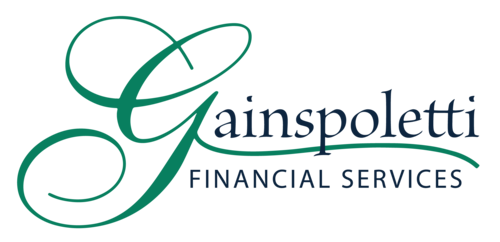Retirement is a time for fun and rest. The moment has come to experience other cultures, pick up new skills, and indulge in interests. But you must begin planning for retirement early if you want to be able to take full use of it. When it comes to retirement planning, women in particular confront special difficulties. They frequently have lesser retirement funds and live longer than men do. Therefore, it is critical to start planning for and saving for retirement as soon as possible. We’ll look at some retirement planning advice for ladies in this article to help you prepare for the future.
In this article, we will explore some retirement planning tips for women to help you plan your future.
Start Early and Save as Much as You Can
It is best to begin retirement savings as soon as possible. The power of compounding interest is that it gives your money more time to grow the earlier you start. It is better to save something than nothing, even if you can only afford a tiny amount each month. A 401(k) or 403(b) are two examples of employer-sponsored retirement programs that you should make sure you are utilizing. Many employers offer a matching contribution, which is essentially free money. Use it to your advantage.
In addition to employer-sponsored plans, you may also want to consider opening an individual retirement account (IRA). There are two types of IRAs: traditional and Roth. A traditional IRA allows you to deduct your contributions from your taxes, but you will have to pay taxes on your withdrawals in retirement. A Roth IRA does not offer a tax deduction on your contributions, but your withdrawals in retirement are tax-free. Consider your current and future tax situation before deciding which type of IRA is right for you.
Matching contributions from your employer may be subject to a vesting schedule. Please consult with your financial advisor for more information.
Contributions to a traditional IRA may be tax-deductible depending on the taxpayer’s income, tax-filing status, and other factors. Withdrawal of pre-tax contributions and/or earnings will be subject to ordinary income tax and, if taken prior to age 59 1/2, may be subject to a 10% federal tax penalty.
Unless certain criteria are met, Roth IRA owners must be 59½ or older and have held the IRA for five years before tax-free withdrawals are permitted. Additionally, each converted amount +may be subject to its own five-year holding period. Converting a traditional IRA into a Roth IRA has tax implications. Investors should consult a tax advisor before deciding to do a conversion.
Diversify Your Investments
Your investments should be diversified to help lower risk. In order to do this, invest in a variety of stocks, bonds, and other assets. Your risk tolerance, investment objectives, and time horizon will determine the exact mix. Generally speaking, the closer you are to retirement, the more conservative your investments should be. This means putting more money into fixed-income investments like bonds because they typically carry lower risk than stocks.
In addition to diversifying your investments, you should also regularly review and rebalance your portfolio. This involves selling investments that have done well and buying investments that have not performed as well. Rebalancing helps ensure that your portfolio stays aligned with your investment goals and risk tolerance.
Plan Long Term
When planning for retirement, it is important to think long term. Consider how much you will need to live on each year in retirement, including housing, food, transportation, and other expenses. It is also important to factor in healthcare costs, which can be significant in retirement. As you age, your healthcare costs are likely to increase. Consider purchasing long-term care insurance to help cover these costs.
You may also want to consider working with a financial advisor who can help you create a retirement plan that meets your unique needs.
Consider Opportunities for Self-Employment and Passive Income
Aside from traditional retirement savings, you may also want to consider opportunities for self-employment and passive income. This can include starting a small business, investing in rental properties, or creating a passive income stream through investments. These types of income can help supplement your retirement savings and provide additional financial security in retirement.
Work with Us
At Gainspoletti Financial Services, we provide comprehensive financial planning to bring your vision into sharper focus, so you can enjoy the lifestyle you want and deserve.
We believe that our clients deserve exemplary service, and we are committed to delivering. Our team of experienced financial advisors can help you create a retirement plan that meets your unique needs.
Contact us today to learn more.
Any opinions are those of Gainspoletti Financial Services and not necessarily those of Raymond James. Expressions of opinion are as of this date and are subject to change without notice. There is no guarantee that these statements, opinions, or forecasts provided herein will prove to be correct. Investing involves risk and you may incur a profit or loss regardless of strategy selected, including asset allocation and diversification. Past performance is not indicative of future results.

